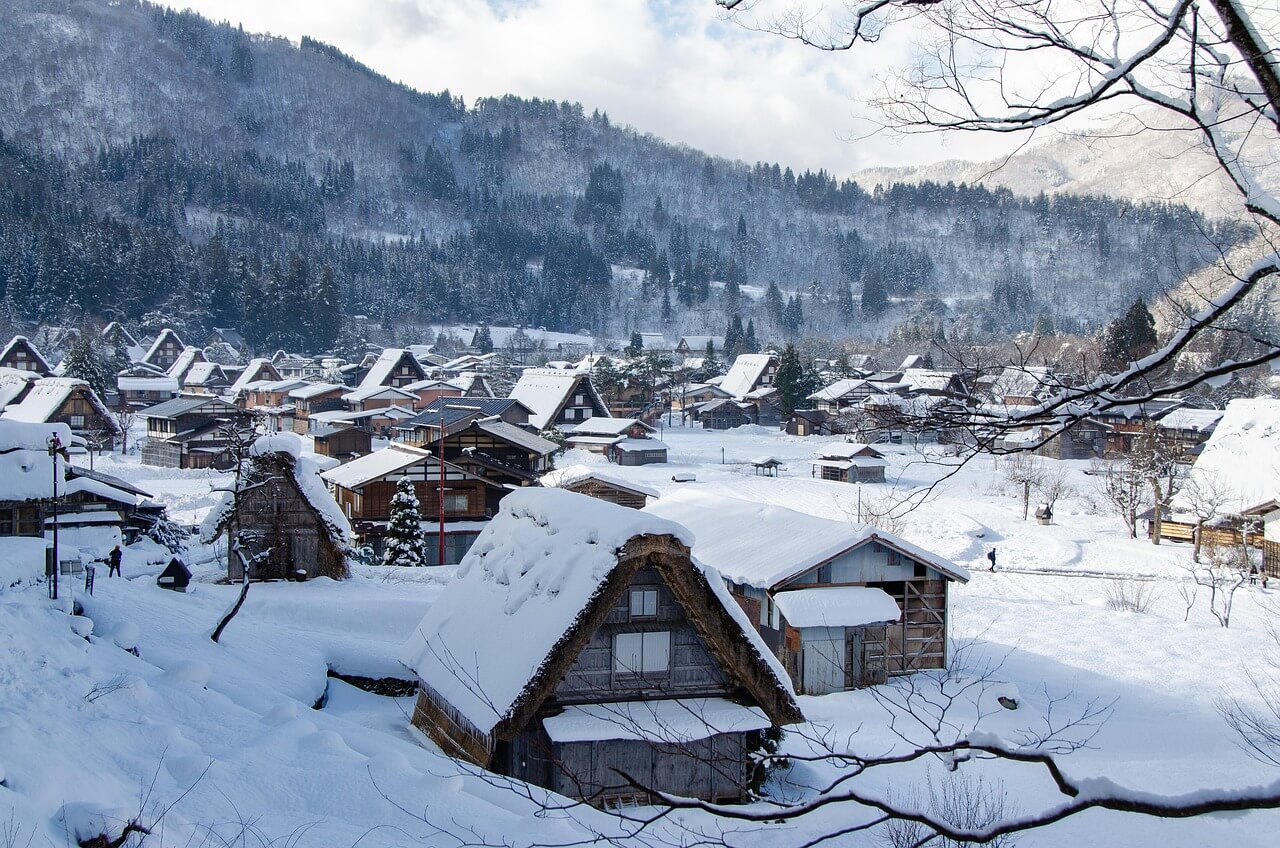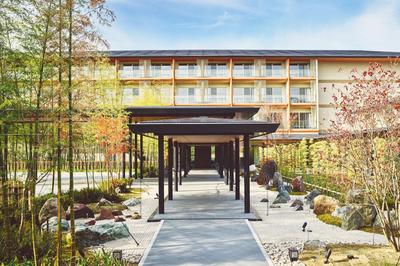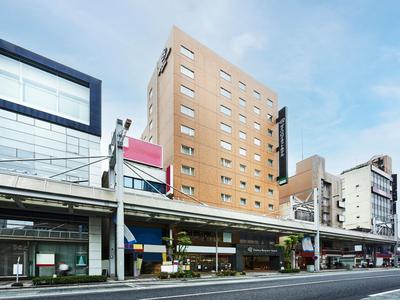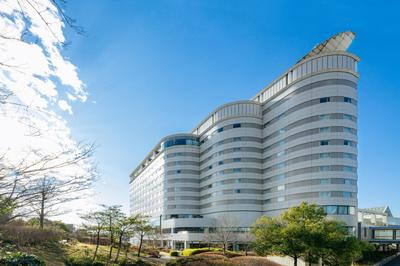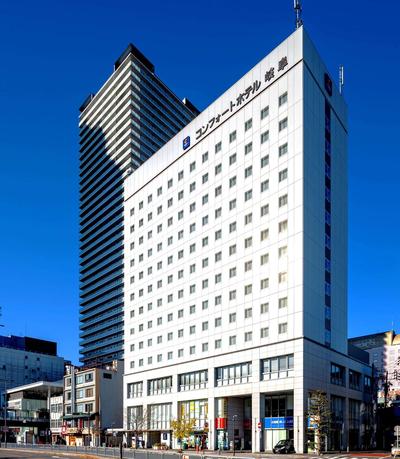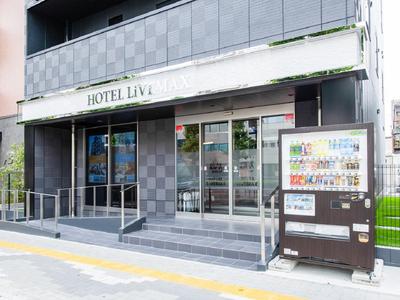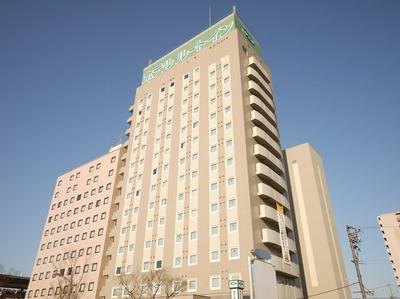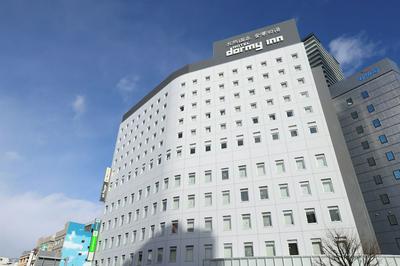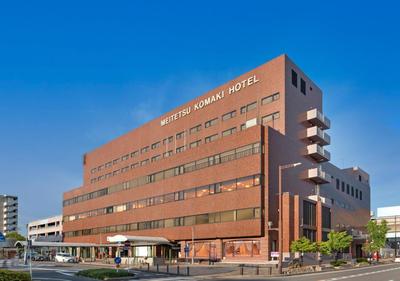When to visit Gifu?
Gifu enjoys a temperate climate with four distinct seasons, making it an appealing travel destination year-round. In the spring (March to May), cherry blossom festivals ignite the parks, particularly around the city's iconic landmarks, bringing vibrant pink hues and a festive atmosphere. If you’re keen on witnessing traditional Japanese culture, visiting during April for the Takayama Spring Festival is a must.
Summer (June to August) in Gifu can be hot and humid, with temperatures peaking in July. However, this is the perfect time for outdoor activities, as Gifu is renowned for its beautiful rivers and valleys. The Gifu River plays host to thrilling water sports and the famous Cormorant Fishing even during the warm months, providing a truly unique experience.
Autumn (September to November) brings a stunning display of autumn colors, particularly in the nearby mountains. October is particularly pleasant, as temperatures cool down, making it ideal for hiking and exploring the countryside. The Gifu Castle and the surrounding parks become a canvas of red and gold leaves.
Winter (December to February) transforms Gifu into a serene winter wonderland, especially in January with snowfall in surrounding areas. While it’s cold, don’t miss the opportunity to enjoy Onsen hot springs in the area. The warm, soothing waters are a perfect contrast against the chilly air.
How to get to Gifu?
Getting to Gifu is straightforward, thanks to its strategic location in the heart of Japan. The city is conveniently served by the Gifu Station, which is part of the Tōkaidō Shinkansen line, linking it significantly to major cities like Tokyo and Osaka, making your travel seamless.
If you're flying in, the nearest major airport is Chubu Centrair International Airport, located about 60 kilometers away. From the airport, take the Meitetsu Airport Line to connect to Nagoya Station, followed by a short ride to Gifu.
Traveling by bus is another viable option, with express buses running from several nearby cities, including Nagoya. The journey usually takes about 50 minutes. For those preferring road travel, Gifu is easily accessible via the Tōmei Expressway, with parking readily available in the city. Expect a driving time of about 1.5 hours from Nagoya.
Lastly, local public transportation networks, including buses and trains, facilitate easy navigation within Gifu, making it simple to explore its beautiful attractions once you arrive.
Tourist activities in Gifu
Gifu is a city packed with activities catering to all kinds of travelers. Start your day by exploring the historical Gifu Castle, perched atop Mount Kinka, which offers breathtaking views. A hike can be a rewarding way to appreciate the surrounding nature, combined with a touch of history.
For culture enthusiasts, the Gifu City Museum of Art showcases a range of exhibitions, while the Gifu Folklore Museum provides insights into local traditions. If you’re drawn to outdoor activities, Gifu’s rivers are perfect for kayaking and canoeing during the warmer months, while the surrounding mountains offer excellent hiking trails.
As the sun sets, Gifu's nightlife comes alive with cozy izakayas and bars where you can sample regional specialties. The Gifu Seki Knife Village is also worth a visit, looking into the craftsmanship of the local blade-making tradition. Finally, the scenic scenery along the Nagara River is perfect for romantic evening strolls and enjoyment.
Events and festivals
Gifu is home to several vibrant events and festivals that reflect its rich cultural heritage. One of the most significant is the Takayama Festival, held in spring (April) and autumn (October), featuring stunning parades with elaborately decorated floats and traditional music. It's an experience that truly captures the essence of Japan.
The Nagaragawa Ukai (Cormorant Fishing) Festival, running from mid-May to mid-October, showcases skilled fishermen using cormorants to catch fish on the Nagara River—an age-old practice that draws crowds each evening.
In August, Gifu echoes with the sounds of the Gifu Fireworks Festival, painting the night sky with stunning displays along the river’s edge. The Gifu International Music Festival usually takes place in summer, attracting musicians and audiences from around the world.
Visiting Gifu during these festival periods offers unique insights into local culture, and you can participate in traditional practices and enjoy regional foods while celebrating alongside locals.
Family and kids activities
Gifu is a family-friendly destination with plenty of activities to keep kids entertained. Start with the Gifu Kids Plaza, a hands-on activity center where children can engage in various educational and fun experiences. The large playground and interactive exhibits invite exploration and creativity.
The Gifu Park is another excellent option, featuring open spaces for picnics and a small zoo where kids can observe local wildlife. The nearby Kinomoto's Amusement Park promises thrilling rides and attractions suitable for kids of all ages.
For a taste of local culture, visit the Gifu Castle and take part in family-oriented programs that include guided tours and interactive exhibits designed for younger audiences. Don’t forget the Takayama's traditional toy making experience—perfect as a hands-on project to charm young minds!
With these options, families will find a plethora of engaging opportunities in Gifu that cater to both fun and learning!
What to see in Gifu?
Gifu boasts several key attractions that showcase its history, nature, and culture. Here’s a list of top sites:
- Gifu Castle: Perched on Mount Kinka, this historical site provides panoramic views and a glimpse into Gifu’s feudal past.
- Nagara River: Perfect for canoeing and scenic walks, this river is also famous for its cormorant fishing.
- Gifu City Museum of Art: Home to a collection of regional and international works, this museum fosters an appreciation of art in a serene setting.
- Gifu Folklore Museum: Offering insights into local traditions and lifestyles, this museum is great for history buffs and families alike.
- Mount Kinka: Ideal for hiking and enjoying the natural scenery, easily reached by a well-marked trail.
- Gifu Great Buddha: A serene spot featuring one of Japan's largest bronze Buddha statues, perfect for reflection.
- Yumeguri Walkway: This picturesque path offers a leisurely stroll and connects several key attractions in the city.
Exploring these attractions will provide a memorable experience that encapsulates the spirit of Gifu, blending history, nature, and culture.
Accommodation in Gifu
Gifu offers a variety of accommodation options ranging from budget hostels to luxurious hotels. The city center is the most convenient area to stay, with easy access to transport links and attractions. Here are some options:
- Hotels: The Gifu Washington Hotel Plaza provides comfortable stays with modern amenities and is close to major attractions.
- Ryokan: Experience traditional Japanese hospitality at a ryokan such as Kokusai Hotel, which also features hot spring facilities.
- Hostels: For budget travelers, K's House Gifu offers a friendly atmosphere and communal spaces, making it ideal for meeting fellow travelers.
- Luxury Stays: The Hotel Granvia Gifu caters to those looking for a premium experience with exceptional views and service.
Whether you prefer a traditional stay or modern comforts, Gifu has accommodations that suit every budget, allowing travelers to relax after a day of exploration.
Important numbers and information
- Emergency Numbers: 110 (Police), 119 (Fire and Ambulance)
- Tourist Information Centers: Gifu City Tourist Information Center
- Main Hospitals: Gifu University Hospital, Gifu City Hospital
- Airport Contacts: Chubu Centrair International Airport, Tel: +81-569-38-1199
- Public Transport Info: Gifu Bus (Website: gifu-bus.co.jp)
- Taxi Apps: JapanTaxi, DiDi
- Currency: Japanese Yen (JPY)
- Payment Methods: Credit Cards widely accepted, cash preferred in small shops.
Where to eat?
When it comes to dining in Gifu, you’re in for a treat with local specialties like ayu (sweetfish) and Hida beef. The Nishiki Market is an excellent place to start, offering fresh seafood, traditional sweets, and ingredients to take home. For a more seated experience, several restaurants serve kaiseki, a traditional multi-course meal that highlights seasonal ingredients.
For casual dining, try izakayas around the city, where you can enjoy various Japanese dishes in a relaxed atmosphere. Popular areas for dining include the Gifu City center and near the river, offering scenic views while you dine. Street food is also a considerable option; the Gifu Great Buddha area has stalls selling snacks like yakitori and sweets.
Average meal prices typically range from ¥1,000 to ¥3,500, depending on the venue, making dining accessible irrespective of your budget.
Nightlife – where to go out?
Gifu’s nightlife retains a cozy charm, with a mix of bars and izakayas reflecting the local culture. One must-visit bar is Urara, known for its wide selection of Japanese sake and an intimate ambiance, perfect for unwinding after a day of exploration. Another favorite is Gifu Craft Beer, where locals and tourists alike gather to enjoy fresh brews.
For more lively options, Club D offers dance music and a fun atmosphere for those looking to let loose. Alternatively, Red Rock Gifu is popular for live performances and a vibrant crowd, showcasing both local talent and music from broader genres.
The entertainment district around Gifu Station is vibrant, filled with diverse options, from low-key pubs to energetic clubs where you can enjoy a night out until the early hours. This mix of laid-back and lively venues makes Gifu’s nightlife unique and well-suited for various tastes and preferences.
Transport and taxis
Public transport in Gifu is efficient, making it easy to explore the city and its surroundings. The bus network is comprehensive; single fares typically range from ¥200 to ¥500 depending on the distance. Be sure to check the schedules in advance, as some routes may have limited service.
Trains are also an option, with lines connecting Gifu to nearby cities, including Nagoya. Tickets are easy to purchase at machine kiosks or through the JR East app. Another convenient method is using IC cards like Suica or Pasmo, accepted on public transport and offering hassle-free transfers.
As for taxis, they are available throughout the city. It's advisable to use taxi apps such as JapanTaxi for ease, especially during late hours. Always confirm the fare beforehand, as rates vary by distance. Safety-wise, is generally friendly, but like in any city, stay aware of your surroundings at night.
- Public Transport: Buses and trains are primary options.
- Single Bus Fare: ¥200 to ¥500.
- IC Cards: Suica, Pasmo for easy travel.
- Taxi Apps: JapanTaxi, DiDi.
Parking and public garages
Parking in Gifu is generally accessible, with several public garages and parking lots scattered around the city. It's advisable to use paid parking areas, especially in bustling districts to avoid any issues. The usual fee is around ¥100 per hour, which varies depending on the location.
In downtown Gifu, look for signs indicating parking lots. Many malls and stations also offer convenient parking, often with reasonable rates for longer stays. Street parking is available, but make sure to check signs indicating restrictions to avoid fines.
For those planning to explore on foot, consider utilizing public transport once you park. This will help you navigate the city while keeping your vehicle safe. Overall, Gifu provides ample options, making it a driver-friendly city.
Surroundings of Gifu
Around Gifu, several exciting day-trip destinations can immerse you in the natural beauty and culture of the region. Start with Takayama, a charming town renowned for its well-preserved Edo-period streets and traditional wooden houses. It’s about a 2-hour bus ride from Gifu, perfect for history lovers.
Don’t miss Shirakawa-go, a UNESCO World Heritage site. Famous for its Gassho-zukuri farmhouses, it offers stunning views, especially during winter. Expect to travel roughly 1.5 hours by bus from Takayama.
If you're looking for outdoor adventure, Okuhida Onsengo is a bit farther away but worthwhile for its hot springs and hiking trails surrounded by mountain scenery. It’s an ideal escape for those wanting to relax and recharge.
These nearby spots shine a spotlight on the beauty and heritage of central Japan, making them excellent additions to your journey in Gifu!
